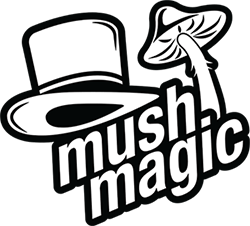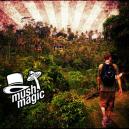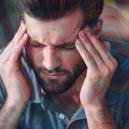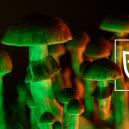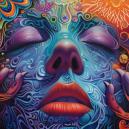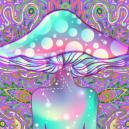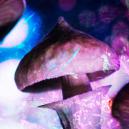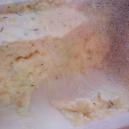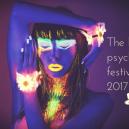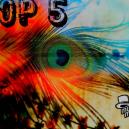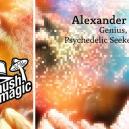Ego Death From Psychedelics May Help Treat Mental Health Conditions
Published :
October 23rd, 2017
Categories :
Default
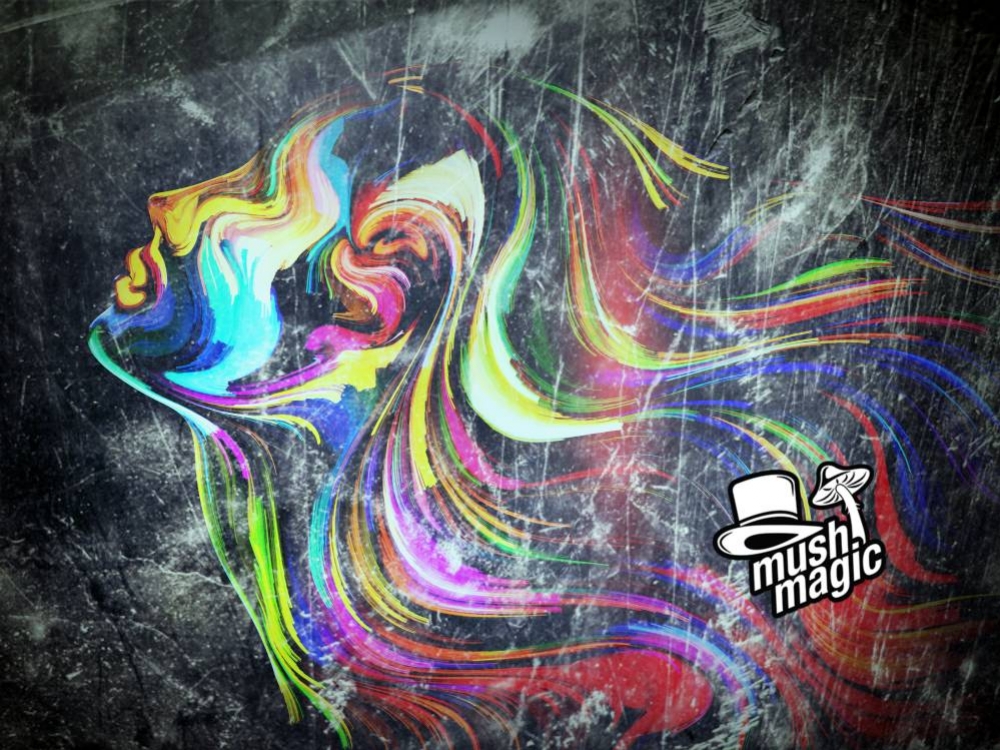
The altered state of consciousness from using psychedelic substances can result in a temporary lack of the ego, known as ego death. New research from the University of Adelaide is now suggesting that experiencing ego death with psychedelics can help mental health patients recover from their symptoms.
Psychedelic substances like LSD and magic mushrooms are known to alter consciousness, cognition, sense perception, the feel of time and space, and of course, one’s emotions. But of all their effects, perhaps none is more provocative than the profound “death” of one’s ego. New research suggests that the dissolution of the ego resulting from psychedelics could help to treat certain mental health conditions.
The notion that psychedelic substances can be truly transformative is not new. Recently, two Australian researchers took it upon themselves to study the effects of psychedelics, and their subsequent impact on one’s sense of self.
The researchers, Professor Philip Gerrans and Dr Chris Letheby at the University of Adelaide, argue there is evidence that such transformative psychedelic experiences can help alleviate mental conditions such as depression and anxiety. The academics admit that while the neurochemistry of how drugs interact with the brain is well-known, the more complex relationship of how this affects the brain, our sense of self, and our perception of the world is still not entirely understood.
The researchers’ paper, published in Neuroscience of Consciousness, explain how those who use psychedelics often report a dissolved or diminished sense of self. In lay terms, this can be described as ego death.
Professor Gerrans says that the experience of ego death results in a feeling of expanded awareness where the mind is more directly in touch with the world. He makes the point that such an experience can make it possible to restructure one’s sense of self, which in turn can change their outlook and worldview. “The profound sense of connection experienced can possibly be beneficial for people suffering from conditions such as addiction, depression or anxiety,” he says.
PSYCHEDELICS HELP MENTAL HEALTH SUFFERERS VIEW THINGS DIFFERENTLY
Letheby points to one major difficulty when it comes to treating psychiatric disorders, which is that patients are often unable to view things from a different perspective. However, when using psychedelics, individuals are presented with new ways of viewing themselves and others that they may not have discovered otherwise.
Letheby states that psychedelics can assist in “enlightening people about the processes behind their subjectivity.” According to him, ego dissolution can help the patient to realise not only that things can be different, but that there is an opportunity to implement changes.
These implications are promising, considering that substances like psilocybin are not physically addictive, and can help patients open their eyes to new ways of going about life.
However, the researchers caution against the unsupervised, recreational use of psychedelics. Professor Gerrans points out that psychedelics were studied in the 1950s, with preliminary research suggesting possible treatments for alcoholism and other mental health conditions. Gerrans is calling for a comeback of such studies with more research performed under controlled circumstances. Such modern studies would help to assess the potential benefits of using psychedelics for mental health conditions, without the same stigma once associated with hallucinogenic substances.
